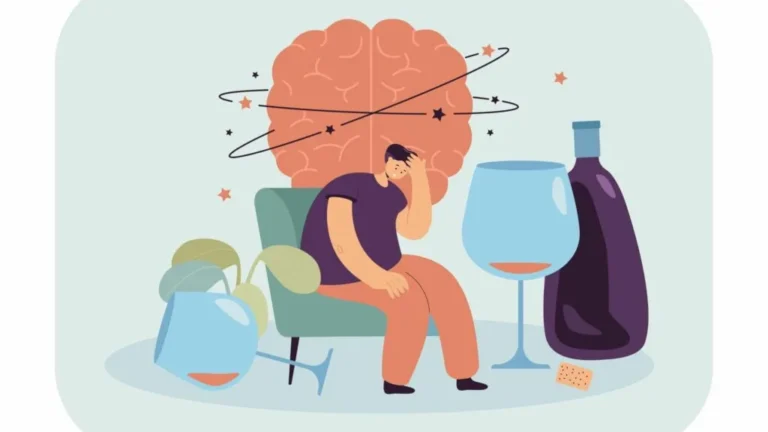
You all must’ve heard the stories – the wild nights, the embarrassing moments, the ever-present hangover. Alcohol is often woven into the fabric of social gatherings, celebrations, and even unwinding after a long day. But where does social drinking turn into something more serious? How do you recognize the signs of Alcohol Use Disorder (AUD) in yourself or someone you care about?
It’s important to remember that enjoying a drink or two with friends doesn’t automatically make you an alcoholic. However, if your relationship with alcohol starts to cause problems or negatively impact your life, it might be time to take a closer look. While you can conduct an alcoholic test, there are several red flags too to watch out for.
The Craving Conundrum
Everyone enjoys a good drink, but the desire goes beyond mere enjoyment with AUD. It becomes a craving, an insistent urge that takes center stage. You often constantly think about that next drink, plan your day around it, or feel irritable and on edge until you have it.
Loss Of Control
Remember that time you accidentally finished the whole bottle? For someone with AUD, losing control is a regular occurrence. They might set limits but consistently exceed them or find themselves in situations where they know they shouldn’t be drinking (like operating machinery or driving) but do it anyway.
The Priority Shift
When your life revolves around alcohol, hobbies get neglected, work suffers, and relationships become strained. Social events are only appealing if alcohol is involved and responsibilities fall by the wayside. The once vibrant tapestry of life becomes dominated by the need to drink.
The Tolerance Trap
Over time, your body adjusts to alcohol. This means it takes more and more to achieve the same desired effect, which can lead to a dangerous cycle of increasing consumption and potentially harmful consequences for health.
Withdrawal Issues
When you suffer from Alcohol Use Disorder (AUD), you get shakes, sweats, and nausea in the worst way. Your body becomes dependent on alcohol, and stopping abruptly triggers a cascade of unpleasant physical and emotional symptoms.
Hiding The Habit
Shame and secrecy often become companions to AUD. People might start hiding their drinking, sneaking sips, or becoming defensive when questioned about their consumption.
Relationship Turbulence
Broken promises, missed events, and angry outbursts are all fueled by alcohol, taking a toll on relationships. In such a situation, loved ones might become frustrated, hurt, and eventually withdraw, further isolating the person with AUD.
Health Concerns
The long-term effects of excessive alcohol consumption are far-reaching. It can damage the liver, heart, and brain, increasing the risk of chronic diseases and even leading to early death (sounds intimidating, but true).
The Vicious Cycle
Despite the negative consequences, the urge to drink persists. The person might feel powerless to stop, trapped in a cycle of self-destruction.
AUD exists on a spectrum. Not everyone experiences all these signs, and the severity can vary. However, if you recognize some of these patterns in yourself or someone else you care about, seeking help becomes imperative.
Taking Action
If you recognize some of these signs in yourself or someone you care about, it’s important to remember that you’re not alone. AUD is a treatable thing with many helpful resources available. Here are some initial steps you can take:
- Talk openly and honestly – Communication is key. Let the person know you care and are concerned. Choose a calm moment, avoid accusatory language, and focus on offering support.
- Self-reflection – Take an honest look at your drinking habits. How much are you drinking? When and what emotions or situations trigger your drinking? Keeping a journal can be helpful in this process.
- Encourage professional help – Therapy, support groups, and treatment centers offer invaluable resources and guidance towards recovery.
- Educate yourself – Understanding AUD can help you better support yourself or your loved one.
- Practice self-care – Looking after yourself is essential. Set boundaries, take time for relaxation, and connect with supportive people.
Wrapping It Up
Recognizing the signs and patterns of your drinking is an important first step. The focus shouldn’t be on labels or self-diagnosis but on acknowledging that there’s a problem and seeking help. Whether it’s for yourself or someone you love, taking that first step towards recovery is decisive.



